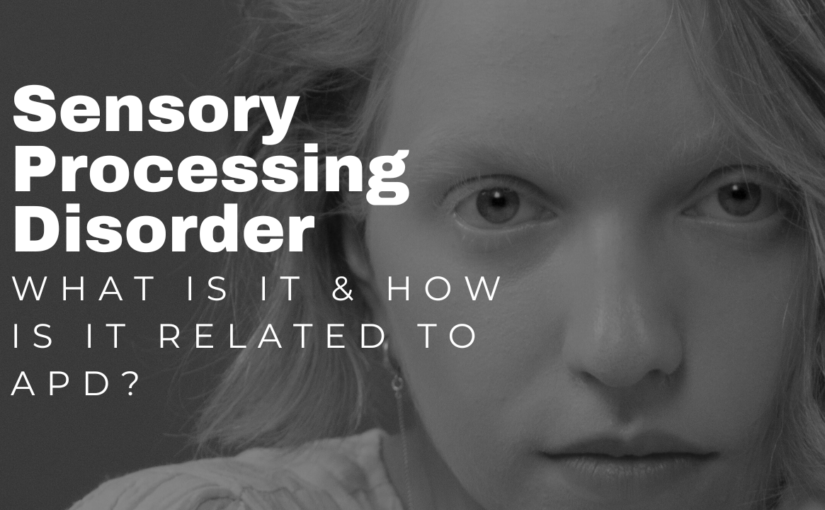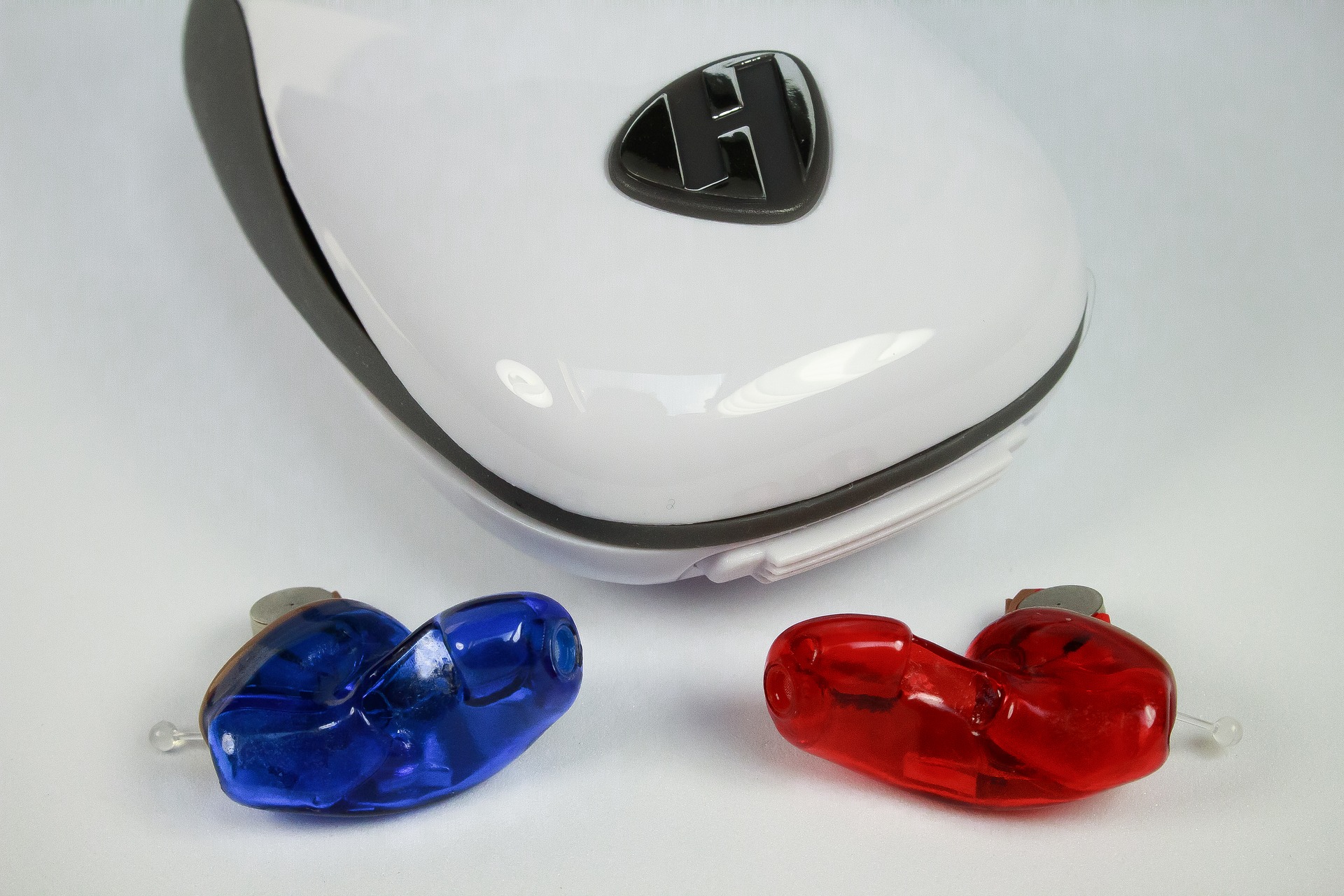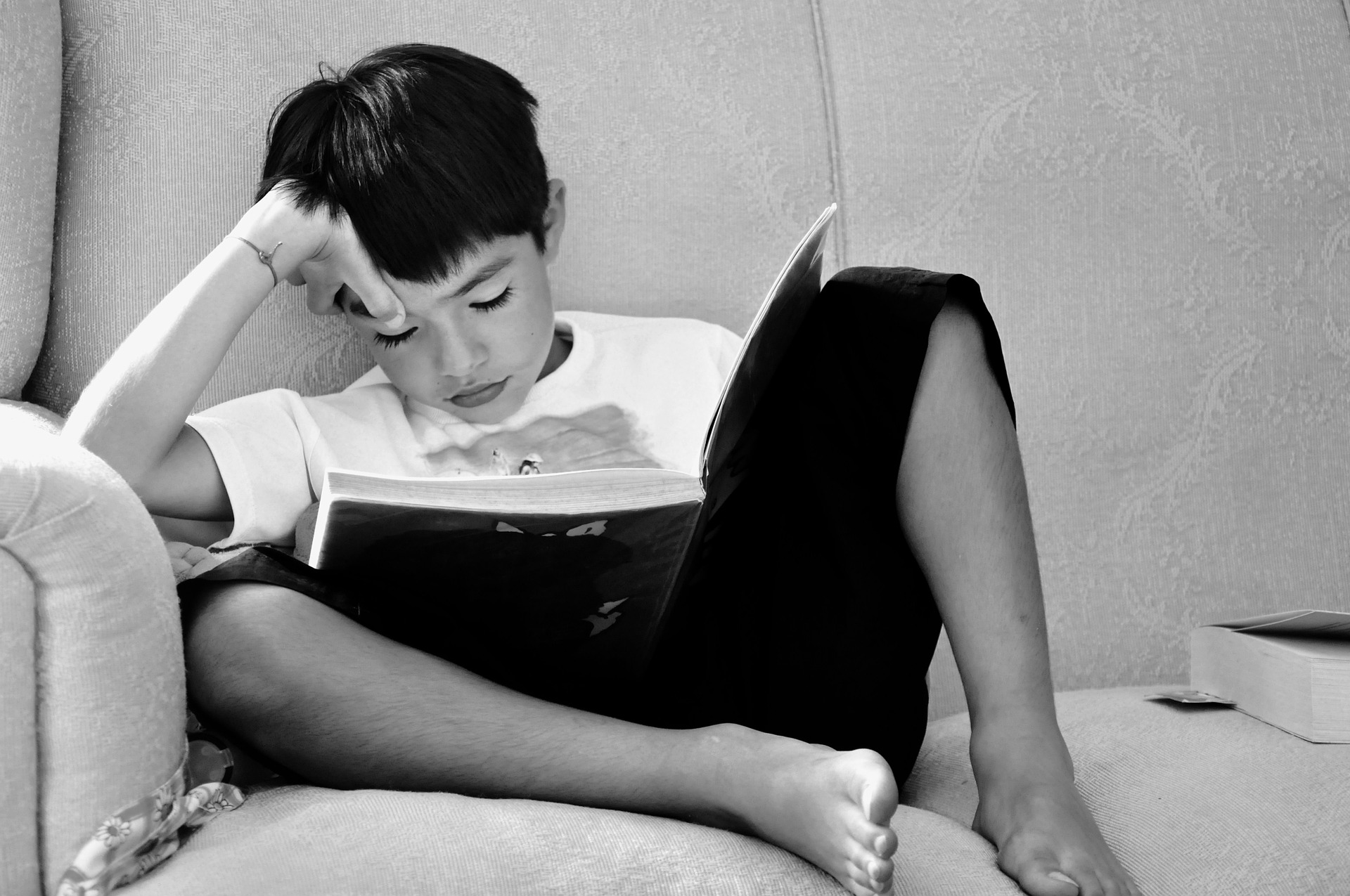Sensory Processing Disorder (SPD) is a complex condition that affects how the brain processes and responds to sensory information from the environment. It is also known as Sensory Integration Dysfunction. Individuals with SPD may have difficulty processing and organising sensory input, which can lead to challenges in daily activities and social interactions.
SPD can impact any of the senses, including touch, taste, smell, sight, and hearing. People with SPD may exhibit over-responsiveness or under-responsiveness to sensory stimuli. For example, they may be hypersensitive to certain sounds, textures, or smells, causing them to become overwhelmed or distressed. On the other hand, they may seek out intense sensory experiences to feel regulated and engage in activities such as spinning or jumping.
Within the realm of sensory processing disorders, there is a specific type called Auditory Processing Disorder (APD). APD primarily affects the processing of auditory information, such as speech and other sounds. Individuals with APD may struggle to understand and interpret what they hear, even though their hearing is typically normal. This can result in difficulties with communication, learning, and social interactions.
While SPD and APD are distinct conditions, they often coexist and share common features. Many individuals with SPD also experience APD, and vice versa. Both conditions involve challenges in processing sensory information, although they may manifest in different ways. While SPD encompasses difficulties across various senses, APD specifically focuses on auditory processing difficulties.
The relationship between SPD and APD is a topic of ongoing research and debate. Some experts believe that APD is a subtype of SPD, specifically highlighting auditory processing difficulties within the broader spectrum of sensory processing challenges. On the other hand, there are those who argue that APD is a distinct disorder that can occur independently of SPD. Regardless of the exact relationship, it is evident that both conditions involve difficulties in sensory processing.
Diagnosing SPD and APD can be complex and challenging. Currently, there is no specific test or medical imaging that can definitively diagnose these conditions. Diagnosis typically relies on a comprehensive evaluation of an individual’s sensory and auditory processing abilities, as well as an assessment of their behavioural and functional difficulties. This evaluation may involve questionnaires, interviews, and observations by healthcare professionals who specialise in sensory and auditory processing disorders.
Treatment for SPD and APD often requires a multidisciplinary approach tailored to the individual’s specific needs. Occupational therapy is commonly used to address sensory processing difficulties in SPD. This therapy focuses on providing sensory experiences and strategies to help individuals regulate their responses to sensory stimuli. Techniques such as deep pressure touch, brushing, and sensory diets may be employed to help individuals develop coping mechanisms and improve their sensory integration skills.
For individuals with APD, auditory training and therapy may be recommended to enhance auditory processing skills and improve communication abilities. This may involve exercises to improve sound discrimination, auditory memory, and auditory sequencing. Speech and language therapy may also be beneficial in addressing language and communication difficulties associated with APD.
It is crucial to recognise that each individual with SPD or APD is unique, and treatment approaches should be tailored to their specific needs and challenges. Early intervention and ongoing support are essential in helping individuals with these conditions thrive and overcome their challenges. By providing the right support and accommodations, individuals with SPD and APD can lead fulfilling lives and reach their full potential.
In Conclusion
Sensory Processing Disorder (SPD) is a condition that affects how the brain processes and responds to sensory information, while Auditory Processing Disorder (APD) specifically affects the processing of auditory information. Although separate conditions, SPD and APD often coexist and share similarities. Diagnosis and treatment involve comprehensive evaluations and a multidisciplinary approach. With the appropriate support, individuals with SPD and APD can overcome their challenges and lead successful lives.









